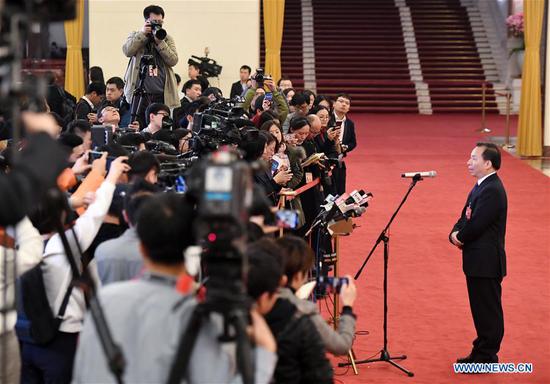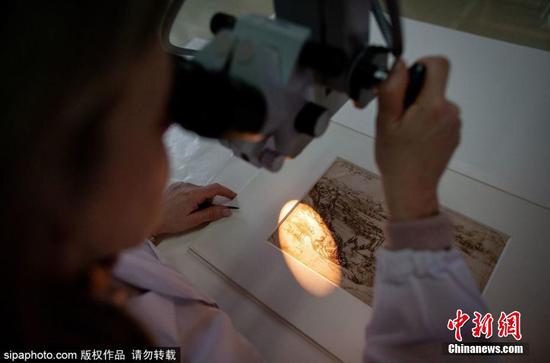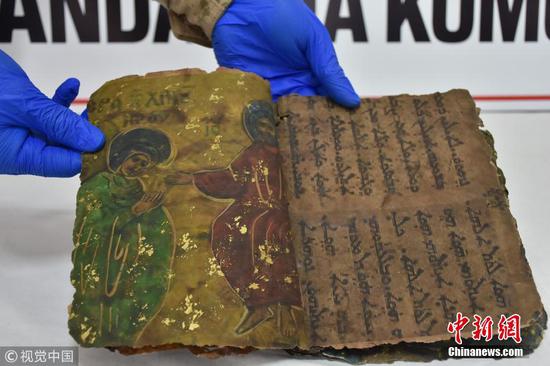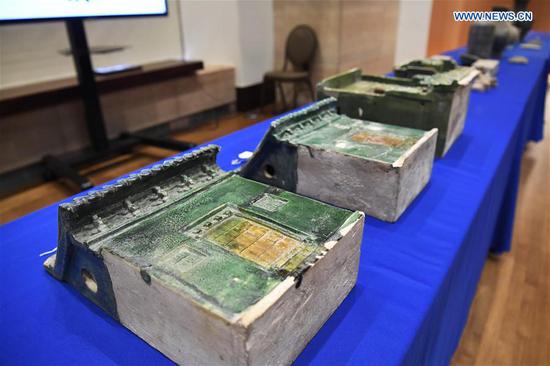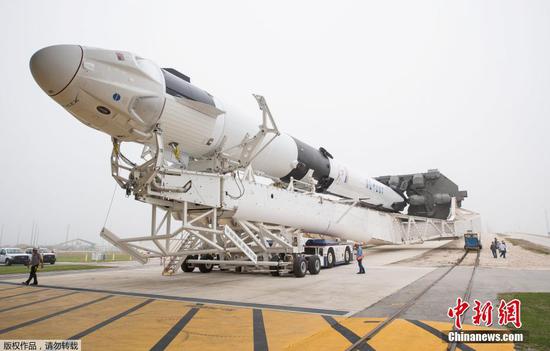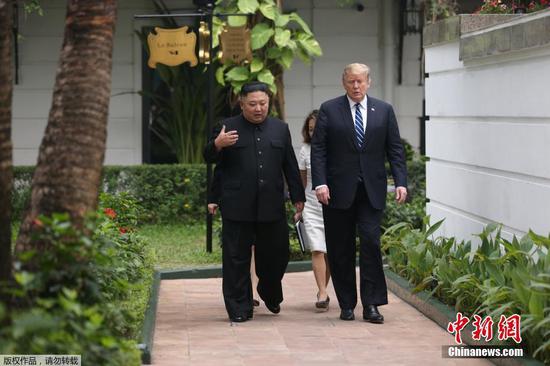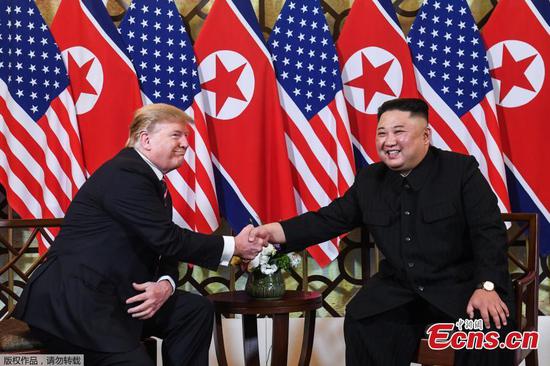Tokyo unlikely to work with Taiwan on security matters: commentators
Taiwan leader Tsai Ing-wen's "fawning" on Japan to win votes will "likely fall on stony ground," experts noted, after Tsai brazenly claimed that she aims to "cooperate" with Japan on security issues.
In an interview with Japanese media The Sankei Shimbun and JANPAN Forward on Thursday, Tsai said that she has asked for direct talks with the Japanese government to cooperate on cyber security and other national security issues, and that she expressed concerns over the increasing threat posed by the Chinese mainland.
Japan is highly unlikely to respond to Tsai's remarks on Sino-Japanese relations heading towards a positive trend after high-level visits from both sides in 2018, Takashi Okada, a Kyodo News commentator, told the Global Times on Sunday.
Japan is eagerly seeking greater cooperation with China in the economic field as it suffers from Trump's "America First" policy. Thus, it would be improbable for Japan to irritate China on the Taiwan question, Jin Yi, a research fellow at the Institute of Taiwan Studies of the Chinese Academy of Social Sciences, told the Global Times on Sunday.
The Japanese side thinks that Taipei Mayor Ko Wen-je has more chances of winning the 2020 Taiwan's election, so Japan is unlikely to respond to Tsai, and would be unwise deteriorate the Sino-Japanese relationship because of the Taiwan question, Jin said.
The Democratic Progressive Party (DPP) headed by Tsai suffered a major defeat in the "nine-in-one" elections on November 24, 2018.
Taiwan held local elections, or nine-in-one elections, to elect representatives to nine levels of government, including mayors and councilors in November 2018. Among the 22 county and city chief posts, the Kuomintang won 15 seats, the DPP landed six, and the remaining one went to an independent candidate, the Xinhua News Agency reported, citing the island's election affairs authority.
Tsai's move aims to use pro-Taiwan independence media to win votes.
However, the possibility of Tsai losing the 2020 election is very high, Okada said.
After the DPP became the ruling party of the island in 2016, cross-Straits relations have been volatile since the DPP refuses to recognize the 1992 Consensus - which embodies the one-China principle, and has pushed for "desinicization."
What the DPP has done in recent years has failed the residents of Taiwan and caused strong discontent, Yang Lixian, a specially-appointed research fellow at the Beijing-based Research Center on Cross-Straits Relations, told the Global Times previously.
He said that the DPP's restrictions on cross-Straits exchanges in all fields, including trade, have affected the livelihood of the island's residents and failed to improve the island's economic development.









